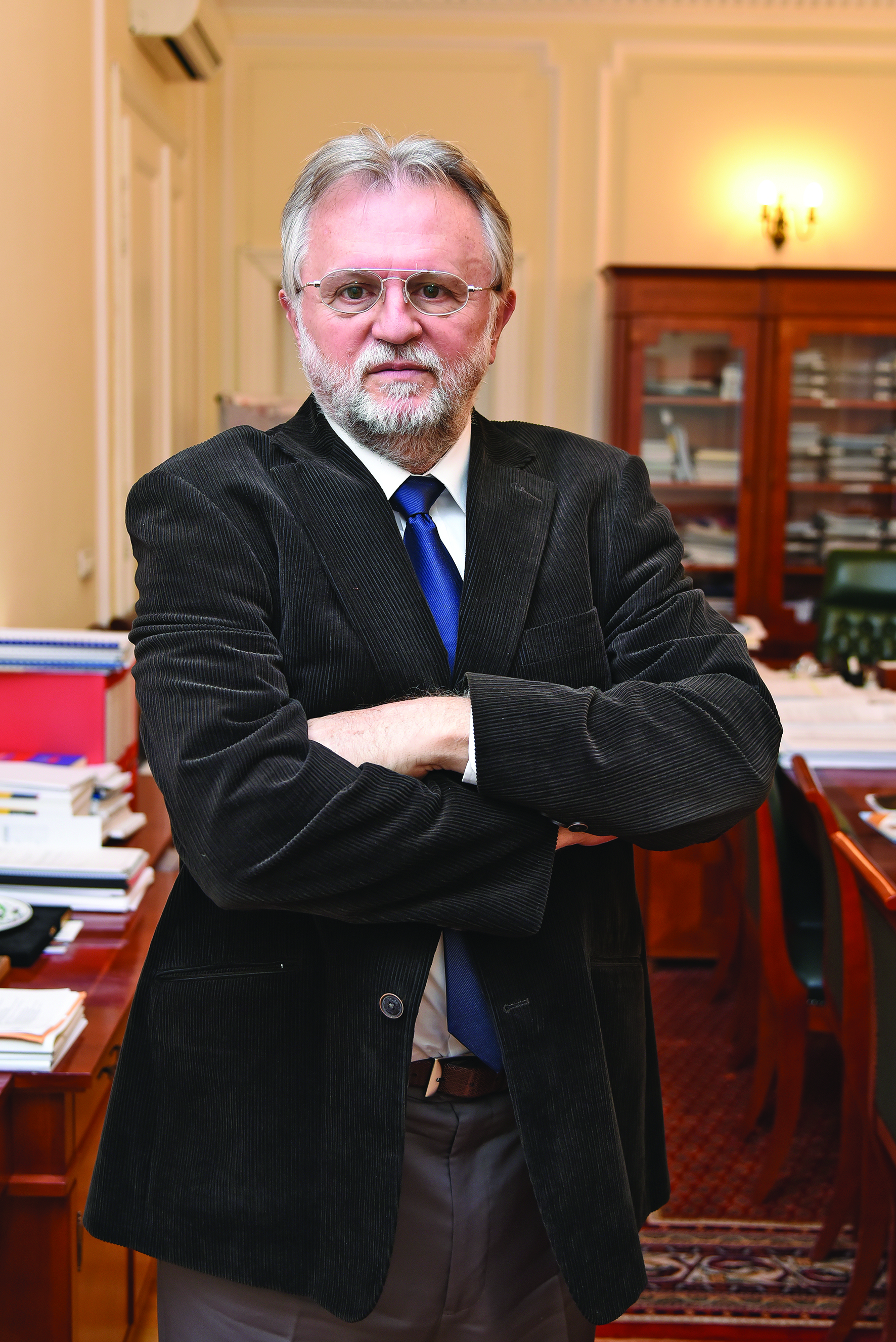We have asked the people we have intereviewed so far to give us their prognosis on whether Serbia will stagnate or progress in 2017 compared to 2016, and to tell us what changes in the business environment would be crucial for that happening. We have also asked them to tell us how much do magazines like Diplomacy&Commerce can contribute to exchange of opinions, points of view and facts about Serbia, and to providing better information about our country and its potential to interested parties.
- Do you think Serbia will stagnate or progress in 2017, relative to last year, and what changes to the business environment could play a crucial role in that?
- How much do magazines like Diplomacy & Commerce contribute to the exchange of opinions, stances and facts about Serbia, as well as informing all interested parties about our country and its potential?

Dušan Vujović replied this way:
- I expect that Serbia will continue to make progress and again exceed projected GDP growth and general government deficit. Conservatively set economic growth rate of 3 percent has an upside potential of 0.5 or even 1.0 percent which can easily materialize and in the absence of new external shocks. We already have grounds based on actual performance to revise fiscal deficit from 1.7 to 1.4 percent. Similar improvements can be expected in the current account balance and in the public debt. More importantly, these results are accompanied with (permanent) structural improvements in the fiscal deficit of up to 4.4 percent of GDP. Serbia has exceeded the three year 4percent adjustment target in only two years. These results are only means to securing a stronger basis for faster sustainable and inclusive medium run growth. I see three main channels through which better fiscal position will positively impact growth. First, it will provide space to lower the tax burden on the economy, including the cost of labour to provide incentives for the creation of new jobs in existing and new companies. Second, it will allow additional public investment with strong crowding in effect on private investment. These include business relevant infrastructure as well as investment in knowledge and innovation as the main sources of productivity and income growth. Third, the fiscal consolidation and reform program introduced a new economic growth model. High GDP growth recorded during 2001-2008 period was based on domestic aggregate demand financed from external sources. With weak domestic supply response and politically induced increases in pensions and public sector wages, this model led to unsustainable domestic (fiscal) and foreign (current account) imbalances. This trend was turned around. During the first two years of the program, investment and exports became the main source of economic growth, with simultaneous reduction in both deficits. Starting in 2017 private consumption will become an increasingly more important source of growth, this time based on a sustainable domestic incomes.
- Although “Diplomacy & Commerce” targets primarily diplomats, foreign business and expat community it also influences domestic analysts and opinion makers. Collaboration with “The Economist” adds to the quality and credibility of its substantive contributions to the professional media space in Serbia. It provides minimum glare with maximum substance on carefully selected diplomatic, commercial economic, political and government developments.